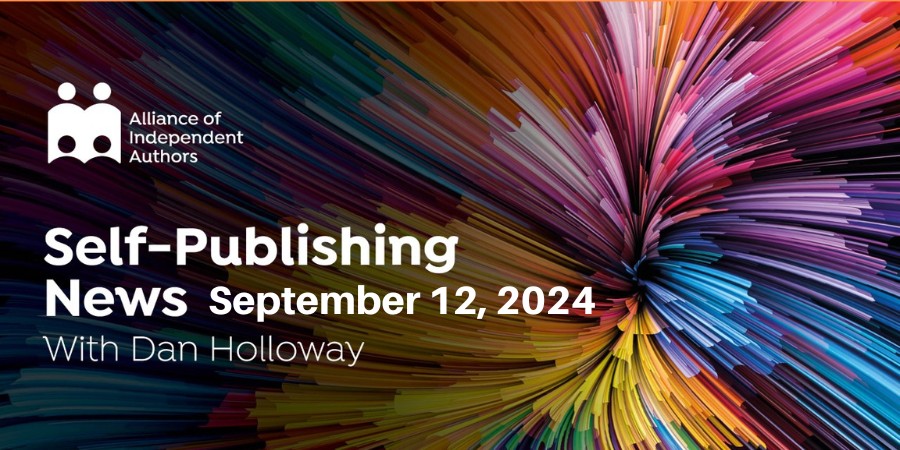The Internet Archive has been at the center of a long-running legal battle with publishers, and this week brings the latest development in that saga. Although it’s still vacation time here in Oxford, for much of the world, a new term is well underway, and it seems the courts have been equally busy.

ALLi News Editor, Dan Holloway
Two cases are making headlines this week: one is the ongoing dispute involving the Internet Archive, and the other is a first-of-its-kind case tackling an issue that has plagued the industry for a long while.
Publishers Win Legal Battle Against Internet Archive
The Internet Archive has been embroiled in a legal battle with publishers for as long as I can remember. For those of you who have erased all memory of the details, the case (brought by Wiley, HarperCollins, Hachette, and Penguin Random House) centers on the practice adopted by Open Library, run by the Internet Archive, of what it calls “controlled digital lending” (CDL). This is the lending out of PDFs created by scanning a copy of a copyright-protected physical book. The “controlled” bit comes from Open Library’s practice of lending only as many PDFs as physical copies it holds.
 Open Library has long argued that CDL constitutes fair use under the Copyright Act. Publishers argue that it's a simple case of copyright fraud, as Open Library has never paid for an ebook or ebook license. Thus far, the courts have agreed with the publishers. This week, the Second Circuit Court of Appeals in the U.S. upheld those earlier decisions. The ruling also established the illegality of the Emergency Library, created during COVID. This service abandoned the one-to-one principle of CDL and allowed electronic copies to be lent out without limit. The latest court ruling has been another blow to the Internet Archive, as covered by Publishing Perspectives.
Open Library has long argued that CDL constitutes fair use under the Copyright Act. Publishers argue that it's a simple case of copyright fraud, as Open Library has never paid for an ebook or ebook license. Thus far, the courts have agreed with the publishers. This week, the Second Circuit Court of Appeals in the U.S. upheld those earlier decisions. The ruling also established the illegality of the Emergency Library, created during COVID. This service abandoned the one-to-one principle of CDL and allowed electronic copies to be lent out without limit. The latest court ruling has been another blow to the Internet Archive, as covered by Publishing Perspectives.
First-of-Its-Kind Streaming Royalty Scam Case
In the U.S., a first-of-its-kind legal suit has been brought against Michael Smith for an alleged streaming royalty scam. The case involves music, but the scam could just as easily be operated with audiobooks. It's also the kind of issue I touched on in last week's Kindle Unlimited retrospective as having been a constant source of concern for Amazon.
In a combination of content-stuffing and click farming, Smith is accused of creating AI-generated music and then using around 10,000 fake accounts to stream tracks endlessly on platforms like Spotify. The billions of streams racked up “earned” him over $10 million. That is money that would otherwise have gone to legitimate creators (one of the problems I have commented on over the years with fixed-pot payout schemes). If found guilty, Smith could face many years in prison. I will, of course, report on the verdict.





I was with the IA, and donated a good amount of money to them over the years chiefly because of other things they do, on CDL. I think that should be both legal and regulated, but the Internet Archive themselves became the biggest enemy of controlled digital lending the moment they broke their own rules and allowed unlimited digital lending during the epidemic. They have nobody to blame but themselves for all that has happened since.